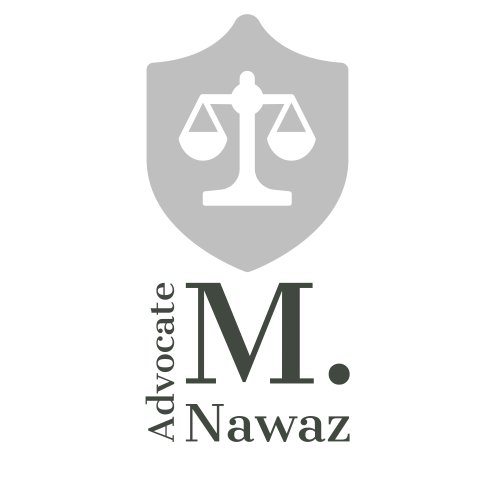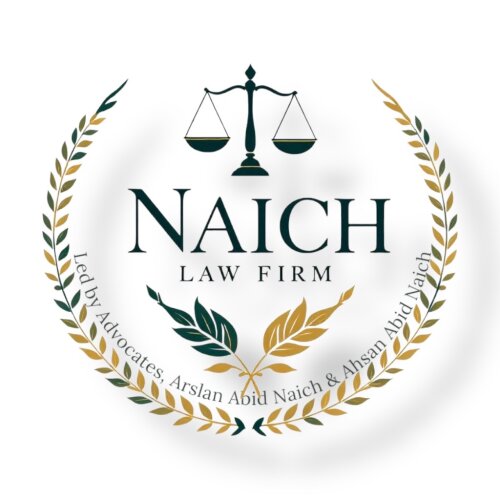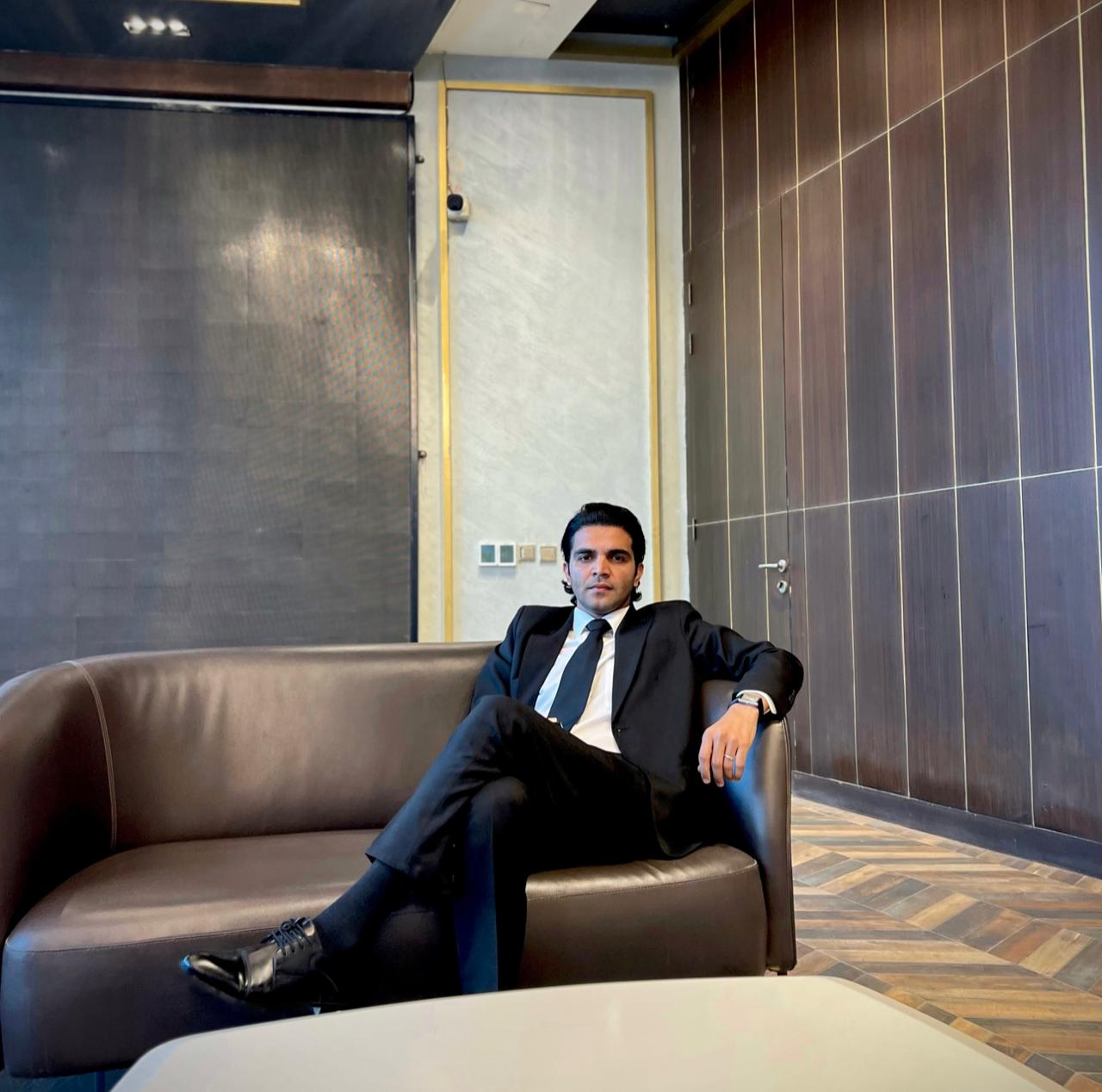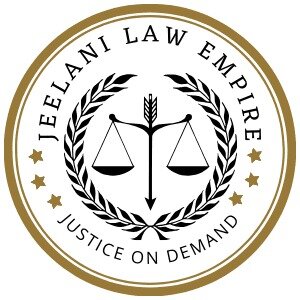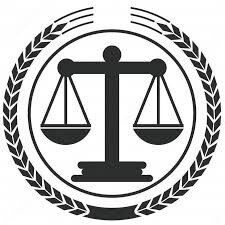Best Education Law Lawyers in Karachi
Share your needs with us, get contacted by law firms.
Free. Takes 2 min.
List of the best lawyers in Karachi, Pakistan
About Education Law in Karachi, Pakistan
Education Law in Karachi, Pakistan encompasses various aspects related to the regulation and administration of educational institutions. This includes but is not limited to issues concerning the rights and responsibilities of students and educators, the establishment and maintenance of educational standards, as well as the legal intricacies of public and private educational systems. Given the importance of education in furthering societal progress, providing equitable access to quality education remains a pivotal focus of education law in the region.
Why You May Need a Lawyer
There are several circumstances in which individuals or institutions may require legal assistance in the field of education law. These include disputes concerning educational rights, accommodations for students with special needs, discrimination cases, disciplinary actions, issues related to school governance and policy compliance, accreditation processes, and employment-related matters within educational settings. A lawyer specializing in education law can provide the necessary expertise to navigate these complex issues effectively.
Local Laws Overview
Several local laws in Karachi are applicable when dealing with education law matters. The Constitution of Pakistan provides for free and compulsory education for children between the ages of 5 and 16. The Sindh Right of Children to Free and Compulsory Education Act, 2013, is a significant piece of legislation in this context. Additionally, there are various regulatory bodies, including the Directorate of Private Institutions Sindh and the Sindh Education Foundation, which oversee the establishment and functioning of educational institutions. Understanding these laws and how they apply is essential for ensuring compliance and protecting one's rights in educational settings.
Frequently Asked Questions
What is the age range for compulsory education in Karachi?
According to the Constitution of Pakistan and the Sindh Right of Children to Free and Compulsory Education Act, 2013, education is compulsory for children aged between 5 and 16 years.
Are private schools regulated differently from public schools?
Yes, private schools in Karachi are subject to different regulations compared to public schools. They must adhere to guidelines set by bodies such as the Directorate of Private Institutions Sindh, which monitor school standards and compliance.
What recourse do I have if my child is discriminated against in school?
If your child faces discrimination in school, legal action can be taken under various national and provincial laws that protect against discrimination and ensure equal educational opportunities for all students.
How can I ensure my school meets the necessary accreditation standards?
Ensuring a school meets accreditation standards involves adhering to the guidelines provided by educational bodies and undergoing regular evaluations to maintain the quality and standards required.
What are my rights if my child has special educational needs?
Children with special educational needs are entitled to appropriate accommodations to ensure their educational development. This can involve specialized instruction, assessment modifications, and other support services mandated by law.
How can I dispute a disciplinary decision made by a school?
You have the right to request a review of any disciplinary decision. Legal advice can help navigate the appeals process and ensure fair treatment.
What is the process for setting up a private school in Karachi?
Setting up a private school in Karachi involves obtaining the necessary permissions from local educational authorities, meeting infrastructure and staffing requirements, and adhering to curriculum standards set by regulatory bodies.
Can a lawyer help with issues regarding school fees and admissions?
Yes, lawyers can assist in resolving disputes related to school fees and admissions, including unreasonably high fees or admission denial that contravenes the law.
What should I do if I suspect an educational institution of unfair practices?
Unfair practices can be reported to regulatory authorities, and legal advice can be sought to address these issues through appropriate legal channels.
Can legal action be taken against a school for not following safety protocols?
Yes, legal action can be pursued if a school fails to follow mandated safety protocols, putting students' welfare at risk. It is essential to consult a lawyer to understand the best course of action in such cases.
Additional Resources
Those seeking further assistance in education law matters can refer to the following resources:
- The Sindh Education Foundation: Offers programs and resources for educational development.
- The Directorate of Private Institutions Sindh: Provides regulatory oversight of private schools.
- Legal Aid Society: Offers legal assistance for educational rights issues.
Next Steps
If you require legal assistance in education law, consider consulting with a lawyer who specializes in this field. Prepare any relevant documentation and a clear outline of your issue to facilitate an efficient consultation. Research potential lawyers or law firms in Karachi, ensuring their expertise aligns with your specific legal needs in education law. Engaging with legal professionals early can help safeguard your rights and interests effectively.
Lawzana helps you find the best lawyers and law firms in Karachi through a curated and pre-screened list of qualified legal professionals. Our platform offers rankings and detailed profiles of attorneys and law firms, allowing you to compare based on practice areas, including Education Law, experience, and client feedback.
Each profile includes a description of the firm's areas of practice, client reviews, team members and partners, year of establishment, spoken languages, office locations, contact information, social media presence, and any published articles or resources. Most firms on our platform speak English and are experienced in both local and international legal matters.
Get a quote from top-rated law firms in Karachi, Pakistan — quickly, securely, and without unnecessary hassle.
Disclaimer:
The information provided on this page is for general informational purposes only and does not constitute legal advice. While we strive to ensure the accuracy and relevance of the content, legal information may change over time, and interpretations of the law can vary. You should always consult with a qualified legal professional for advice specific to your situation.
We disclaim all liability for actions taken or not taken based on the content of this page. If you believe any information is incorrect or outdated, please contact us, and we will review and update it where appropriate.




